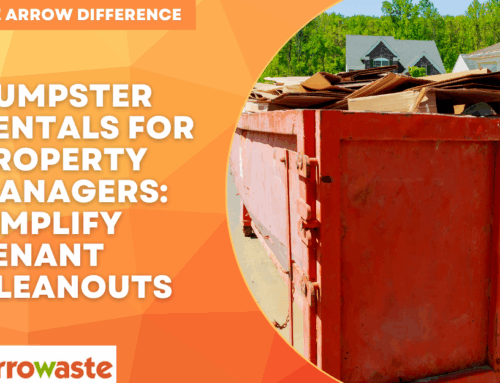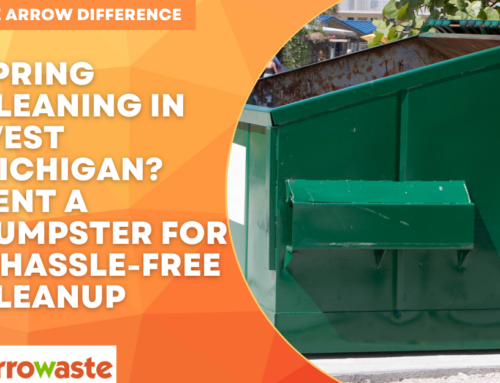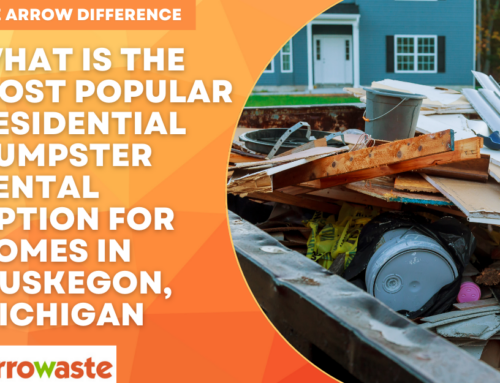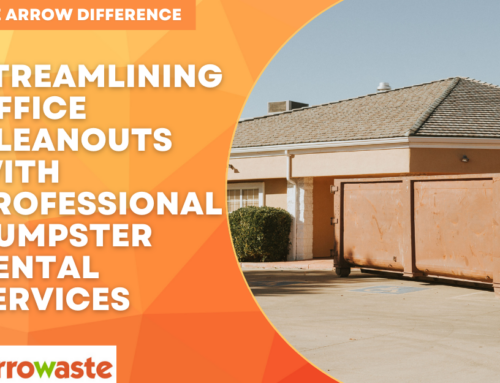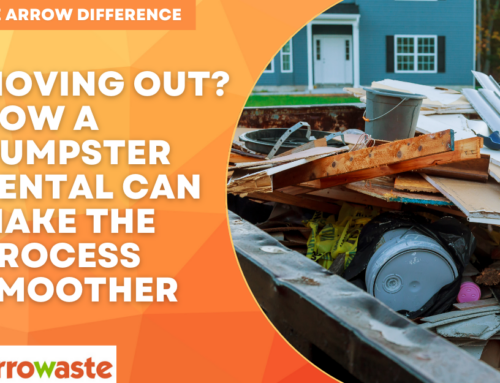Trash removal is not the latest hobby or a personal policy. Trash removal costs a significant amount of money and requires serious commitment and organization. Waste management can encompass upwards of 20 different industries, just to take your trash from the curb! Collecting solid waste is nothing to joke about, and its categorization, gathering, and disposal have equally serious consequences for both the population and the environment.
Categories of Trash
Garbage falls into two broad categories: total solid waste (TSW) and municipal solid waste (MSW). The first, total solid waste, is the amount of solid waste produced in the country each year by everyone. The second, municipal solid waste, is the amount of waste produced in individual municipalities across the country. Considering the average human generates over four pounds of trash every single day, the numbers in each of those categories are quite large. Next, solid waste is classified as reusable, recyclable, or other, and waste management programs separate materials into each category for collection and appropriate disposal. Trash collection is the middle stage in waste management programs, as well as what the other stages revolve around.

Stages of Waste Management
Waste management is a six stage process. The first two stages, generation and storage, are concerned with the origins of waste and preliminary gathering, which involve consumers sorting waste materials into appropriate collection bins. The next stage, collection, involves either consumers transporting their waste to large collection facilities, or the municipality arranging for trash removal. The final three stages are transport, processing and recycling, and disposal. These steps involve moving the collected garbage to designated areas. The trash is then separated into recoverable items that are recycled or reprocessed, and non-reusable waste.
Waste Management Companies
Waste management companies provide a much-needed service that not only protects the public but safeguards the environment from the harmful effects of solid waste. Proper garbage collection and disposal facilitates improved recycling, lessens the impact on landfills, and protects the environment through effectively controlling the pollutants and contaminants that are released.
Being in the trash removal industry may not seem glamorous, but recycling one ton of cardboard saves over nine cubic yards of space in a landfill, and saves even more space in national forests. So next time you go to throw that takeout box in the trash, try to remember just how hard your local waste management program works to ensure the environment isn’t harmed.

